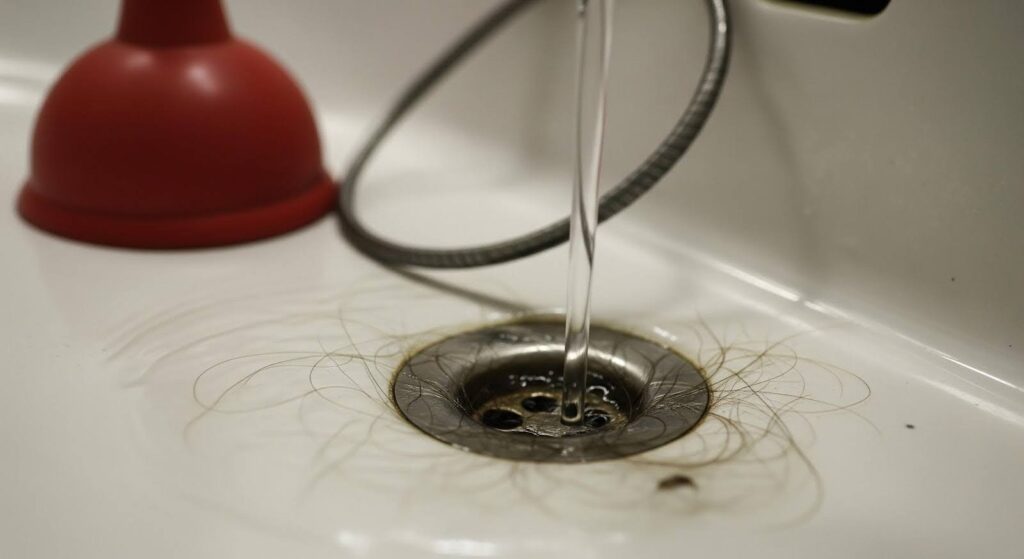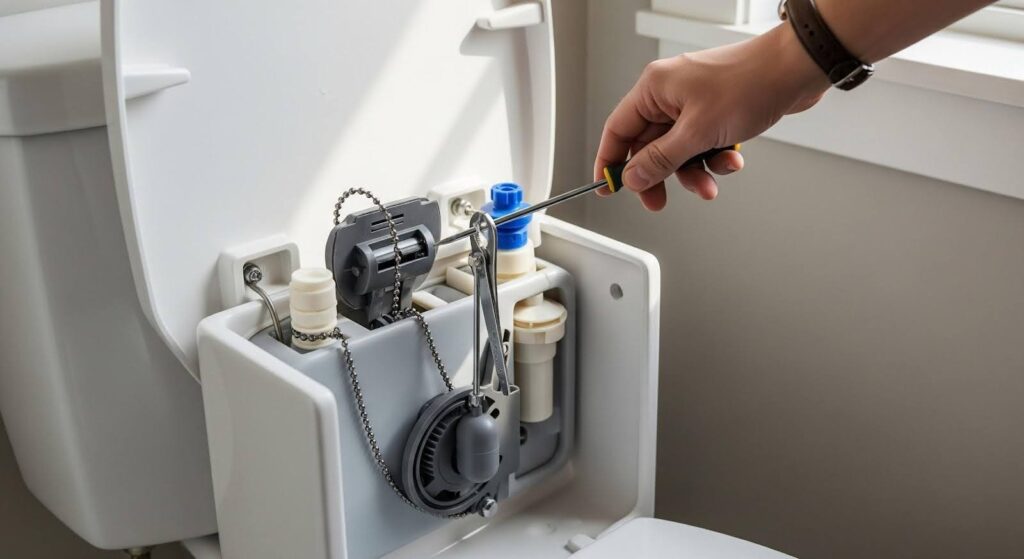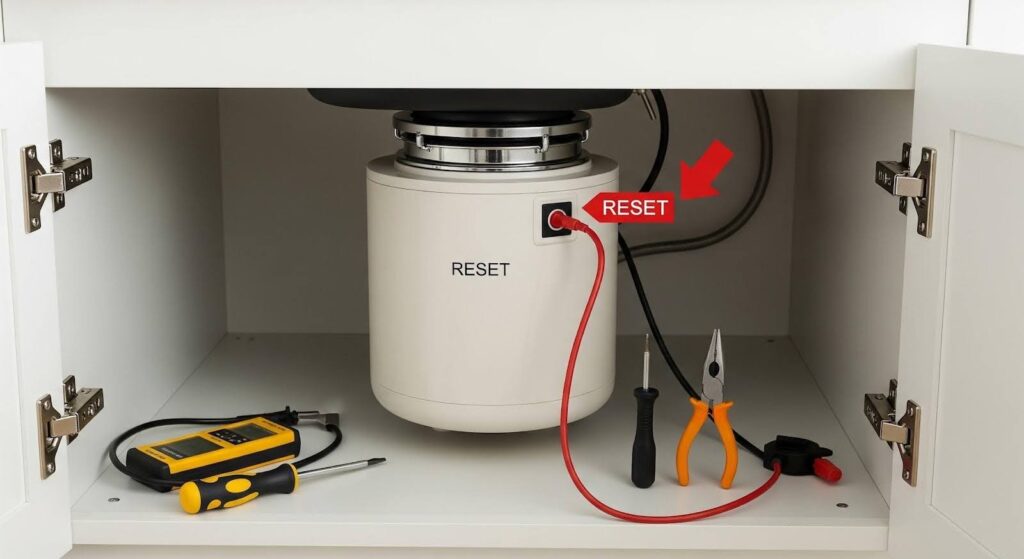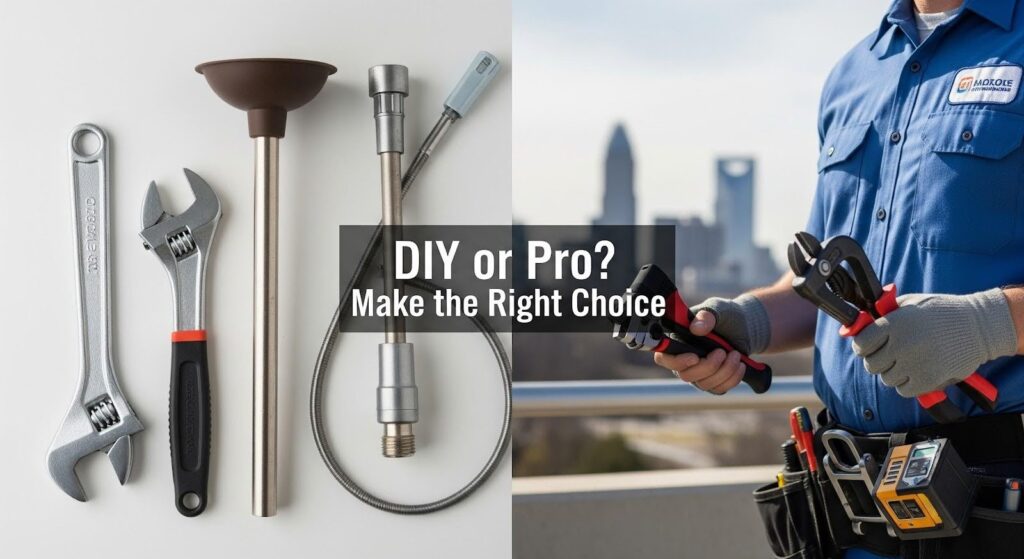Picture this: It’s 11 PM on a Sunday, and you hear that dreaded sound of water dripping somewhere it shouldn’t be. Your heart sinks as you realize you’re facing a plumbing problem, and your mind immediately starts racing between two thoughts: “Can I fix this myself?” and “How much is this going to cost me?”
If you’re a Charlotte homeowner, you’ve been in this exact situation. I know I have. When my kitchen faucet started acting up last spring, I spent three hours watching YouTube videos before finally admitting I was out of my depth. That experience taught me something valuable: knowing when to grab your tools and when to grab your phone to call a professional can save you both money and massive headaches.
After speaking with experienced plumbers and learning from my DIY successes (and failures), I’ve compiled this honest guide to help you make informed decisions about common plumbing problems. Let’s explore seven common situations every Charlotte homeowner encounters and determine together when you can handle it yourself and when it’s time to call in the experts.
1. The Clogged Drain Dilemma

Clogged drains are the most common plumbing issue homeowners face. The good news? Most drain clogs are manageable as DIY projects.
When to DIY:
- Water drains slowly but still goes down
- You can see visible hair or debris near the surface
- The clog affects only one drain
- You have basic tools like a plunger or drain snake
Start with the gentlest method first. Remove any visible debris by hand (wear gloves!), then try a plunger designed for sinks. If that doesn’t work, a basic drain snake from your local hardware store can often clear hair and soap buildup. As someone who has dealt with my share of bathroom sink clogs due to long hair, patience and the right technique usually prevail. For more specific cleaning challenges around the house, you might find our guide on removing orange stains from showers helpful as well.
When to call a professional:
- Multiple drains are backing up simultaneously
- Water comes back up when you run other fixtures
- You’ve tried DIY methods without success
- Sewage odors are present
These symptoms often indicate mainstream problems that require professional equipment and expertise. Don’t risk making expensive damage worse by pushing too hard with DIY solutions.
2. Leaky Faucets: Your Water Bill’s Silent Enemy
A dripping faucet might seem like a minor annoyance, but it can waste more than 3,000 gallons of water per year, according to the Environmental Protection Agency. That’s money going down the drain.
When to DIY:
- The leak is coming from the spout or handle area
- You can identify the faucet type (compression, ball, cartridge, or ceramic disk)
- The faucet is relatively new (less than 10 years old)
- You’re comfortable working with basic hand tools
Most faucet leaks originate from worn-out washers, O-rings, or cartridges that the homeowner can easily replace. I successfully fixed my kitchen faucet leak last year by replacing a $3 cartridge. This repair would have cost $ 150 or more if I’d called a plumber for what ended up being a 30-minute job.
When to call a professional:
- The leak is coming from behind the wall
- Water pressure has significantly decreased
- The faucet is old or corroded
- You’re not comfortable shutting off water supply lines
3. Running Toilet Troubles

A toilet that won’t stop running is both annoying and wasteful. The good news is that toilet mechanics are relatively simple, and most issues have straightforward solutions.
When to DIY:
- The toilet runs continuously after flushing
- The handle sticks or requires jiggling
- You can see obvious problems in the tank (disconnected chain, warped flapper)
- The water level seems wrong in the tank
Before you start, turn off the water supply and take a photo of the tank’s interior. Trust me, this reference will be invaluable. Most running toilet issues involve the flapper, chain, or float adjustment. These are typically $5-15 fixes that take less than an hour.
When to call a professional:
- The toilet rocks or moves when you sit on it
- Water appears around the base
- Multiple flush attempts are needed
- The toilet is very old (30+ years)
4. Low Water Pressure Problems
Nothing ruins a morning shower like pathetic water pressure. Before you assume you need a plumber, there are several things you can check yourself.
When to DIY:
- The problem affects only one fixture
- You can see mineral buildup on faucet aerators or showerheads
- Pressure decreased gradually over time
- Other fixtures in the house work fine
Start by unscrewing and cleaning aerators and showerheads. Soak them in white vinegar overnight to dissolve mineral deposits, a simple maintenance trick that works especially well in Charlotte, where hard water can be an issue in certain areas.
When to call a professional:
- Multiple fixtures have pressure problems
- Pressure dropped suddenly
- You suspect pipe problems behind walls
- The issue affects your whole house
5. Water Heater Woes
Your water heater works hard, especially during Charlotte’s colder months. Some maintenance tasks are DIY-friendly, while others require professional expertise.
When to DIY:
- The pilot light has gone out (gas units)
- Temperature needs adjustment
- The pressure relief valve is dripping slightly
- Basic maintenance like flushing sediment
When to call a professional:
- No hot water at all
- Strange noises coming from the unit
- Water around the base of the heater
- Gas smell near gas units
- The unit is over 10 years old and shows problems
Water heater repairs can involve gas lines, electrical connections, and high-pressure situations. When in doubt, it’s always safer to call a professional for this particular appliance.
6. Garbage Disposal Disasters

Your garbage disposal stops working, and suddenly, you realize how much you rely on it. Before panicking, there are several safe troubleshooting steps you can try.
When to DIY:
- The unit hums but doesn’t grind
- It’s completely quiet when you flip the switch
- Something fell into it that shouldn’t have
- It’s recently stopped working without warning signs
Always start by ensuring the power is OFF and unplugged. Check the reset button located at the bottom of the unit, and use the wrench that came with your disposal (or an Allen wrench) to turn the grinding mechanism manually. Many disposal problems are simple jams that can be cleared with gentle persuasion.
When to call a professional:
- You smell electrical burning
- Water leaks from the unit
- The motor runs but makes grinding or metal-on-metal sounds
- Frequent clogs despite proper use
7. Pipe Leaks: When Every Minute Counts
Pipe leaks can range from minor nuisances to home-damaging emergencies. Quick assessment and action are crucial.
When to DIY (temporarily):
- Small drips from joints that you can access
- Leaks you can stop with pipe clamps or epoxy putty
- Situations where you need to buy time until a professional arrives
Even if you plan to call a professional, knowing how to stop a leak temporarily can prevent water damage. Keep pipe clamps and epoxy putty in your emergency toolkit; they can be lifesavers while you wait for professional help to arrive.
When to call a professional immediately:
- Any leak you can’t easily access
- Leaks in walls or ceilings
- Multiple leaks appear simultaneously
- Any pipe burst or major water flow
Making the Smart Choice for Your Charlotte Home
Here’s what I’ve learned from my own experiences and conversations with local professionals: the key to smart plumbing decisions isn’t about proving you can fix everything yourself. It’s about understanding your limits, prioritizing safety, and knowing when a professional’s expertise will ultimately save you money.
Red flags that always mean “call a professional”:
- Gas line involvement
- Main water line issues
- Anything requiring permits in Charlotte
- Situations where mistakes could cause flooding
- Problems you’ve already tried to fix unsuccessfully
When you do need professional help, choosing the right plumber makes all the difference. Look for licensed professionals with solid local reputations who offer transparent pricing. Pathmaker Plumbing has built its reputation in Charlotte by combining expert technical skills with honest, upfront communication. This is exactly what you want when facing plumbing problems.
Your Plumbing Problem Action Plan
The next time you face a plumbing issue, ask yourself these questions:
- Safety first: Is this repair safe for me to attempt?
- Skill Assessment: Do I possess the necessary knowledge and tools?
- Consequence evaluation: What happens if I make it worse?
- Time consideration: Do I have time to do this properly?
Remember, there’s no shame in seeking professional help. I’ve learned that some of my best home improvement investments have been knowing when NOT to DIY. Your time, safety, and peace of mind are worth more than the money you might save on a repair that goes wrong.
Whether you tackle the project yourself or hire the experts, the most important thing is to address plumbing problems promptly. What starts as a small leak can develop into major water damage, and what begins as a minor clog can escalate into a sewage backup. In Charlotte’s climate, with its hot summers and occasional freeze warnings, plumbing problems can escalate more quickly than you might expect.
Looking to stay ahead of plumbing problems? Regular home maintenance is key to preventing costly repairs. For homeowners interested in other DIY projects, we also have guides on removing stubborn stains from your shower and creating a proper workspace with our home office design ideas. These resources can help you maintain every part of your home effectively.
Have you attempted to tackle any of these plumbing problems yourself? Share your experiences and tips in the comments below. We’d love to hear your success stories and lessons learned!

